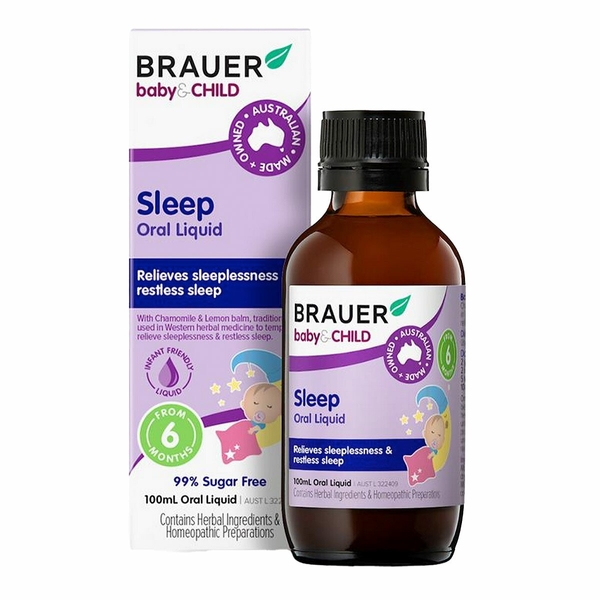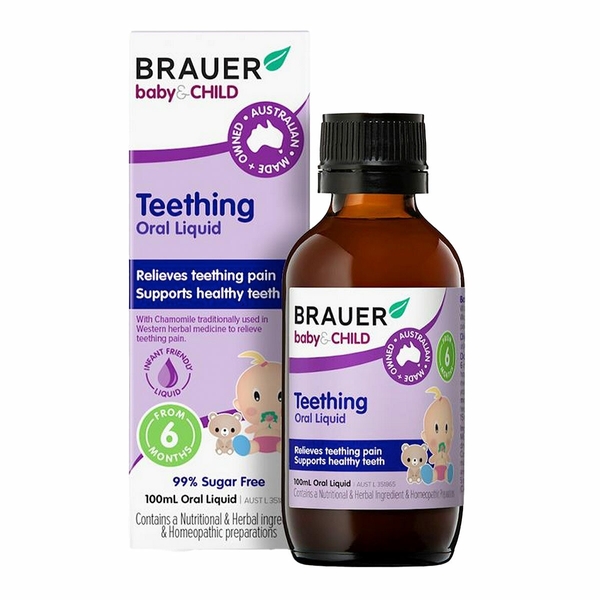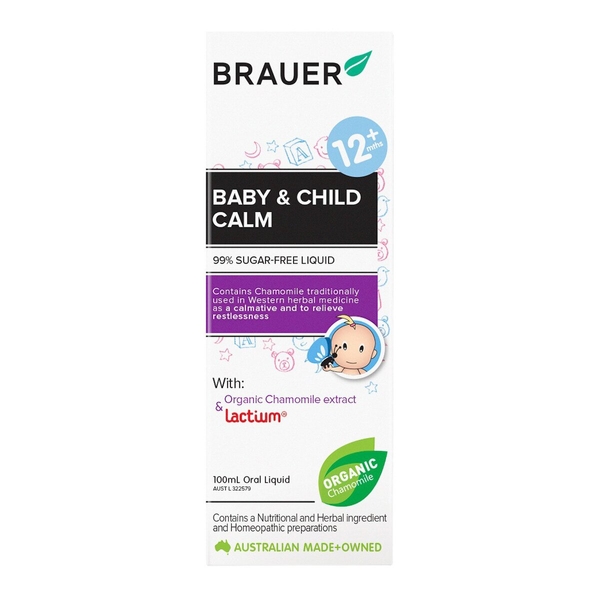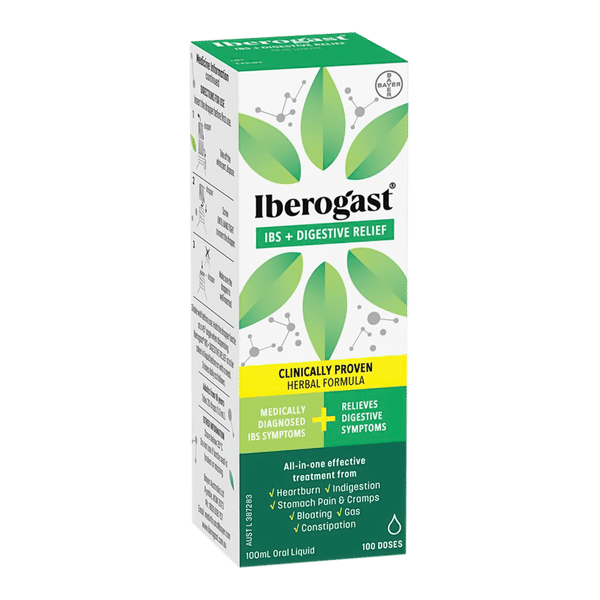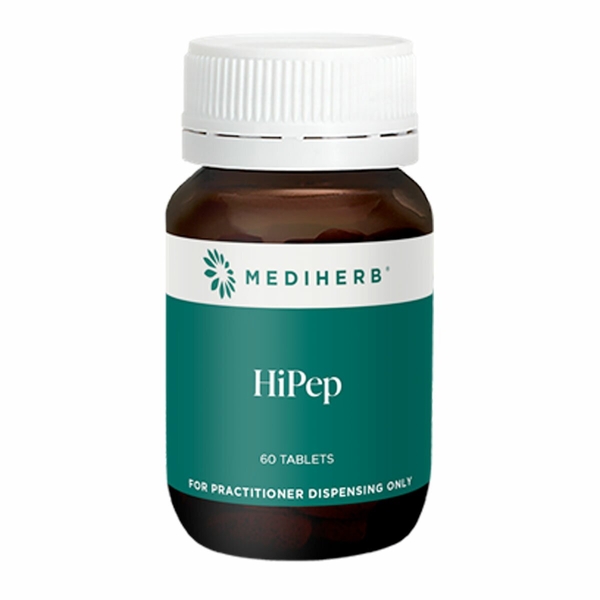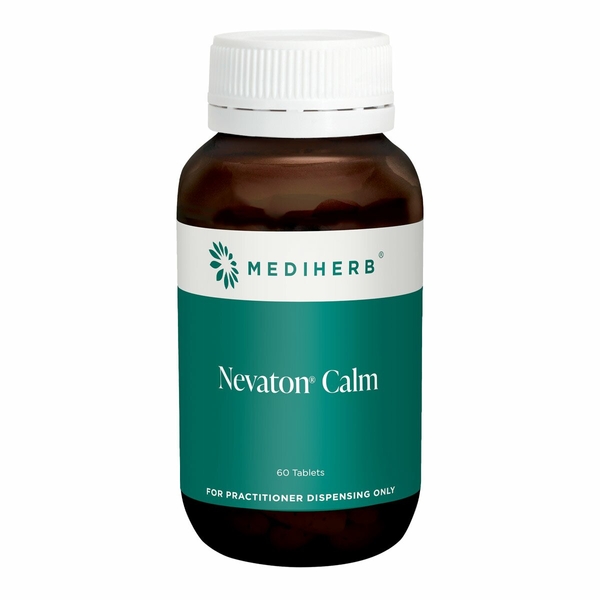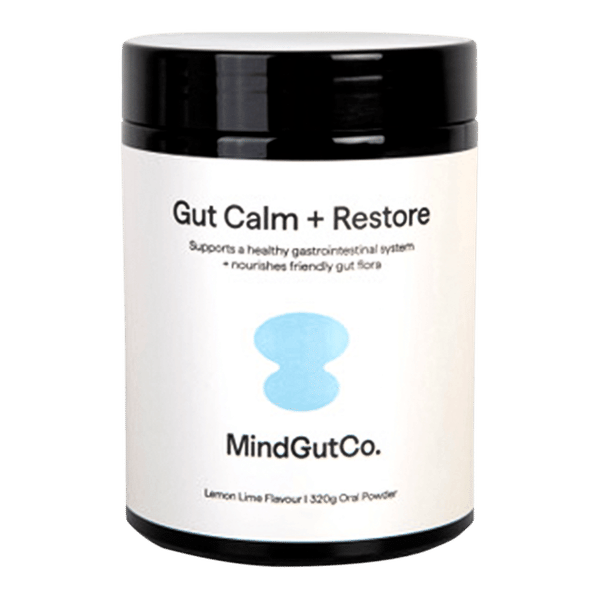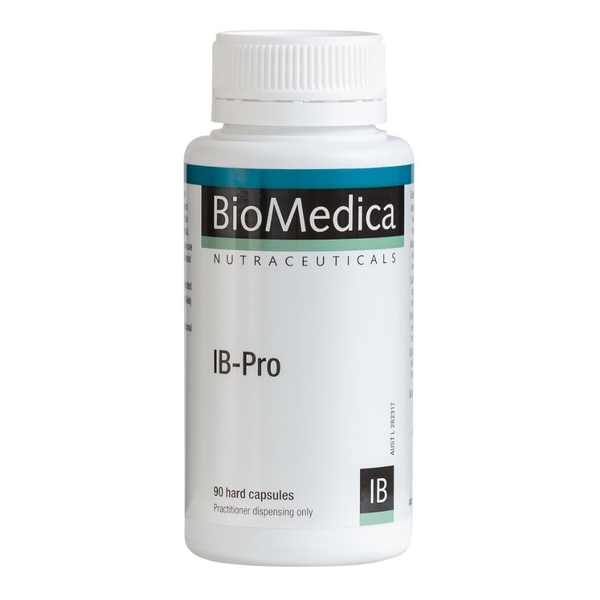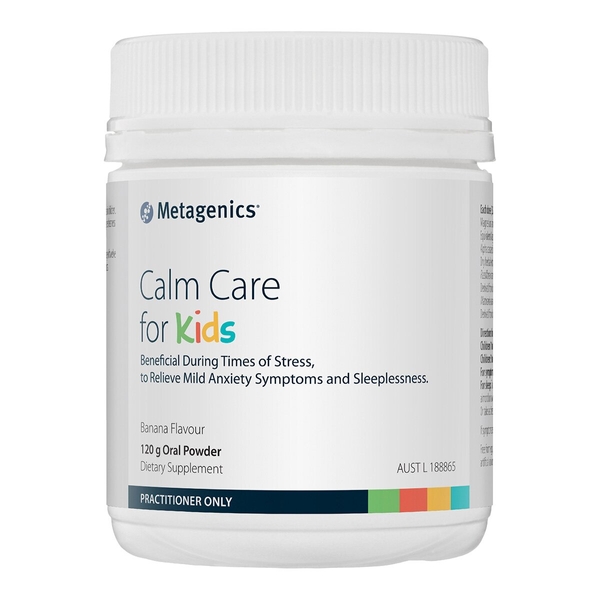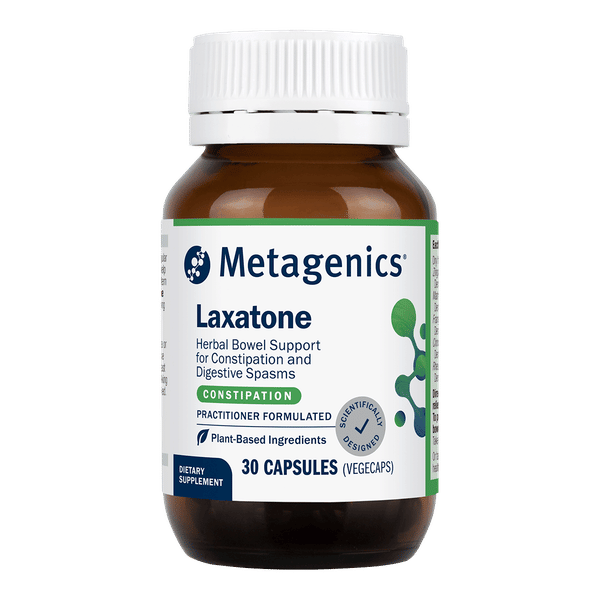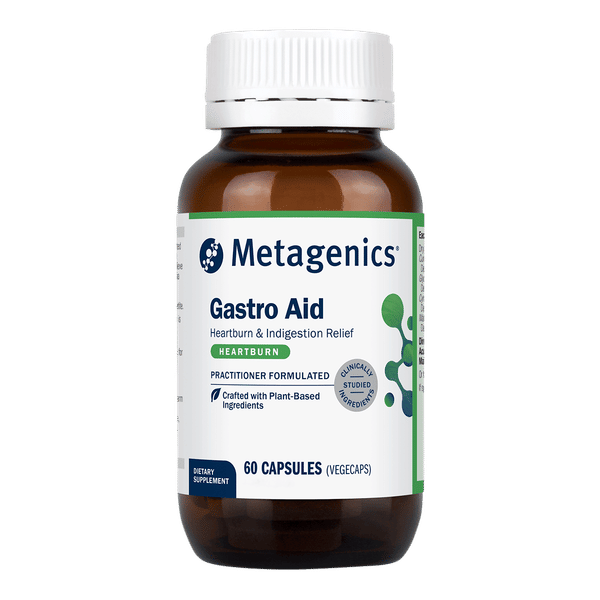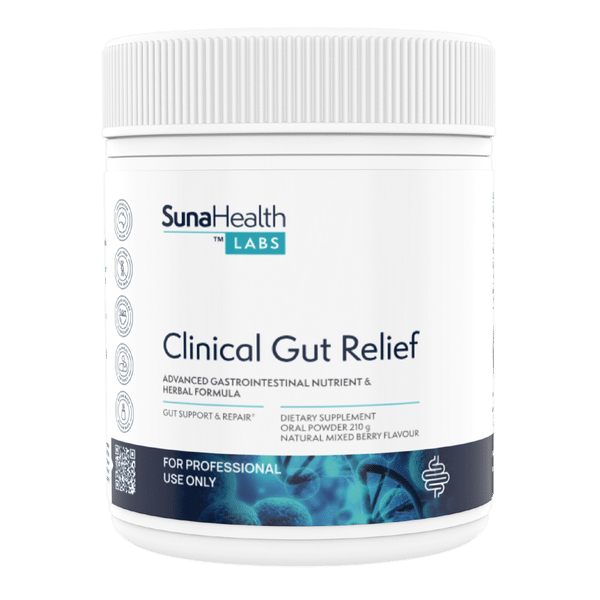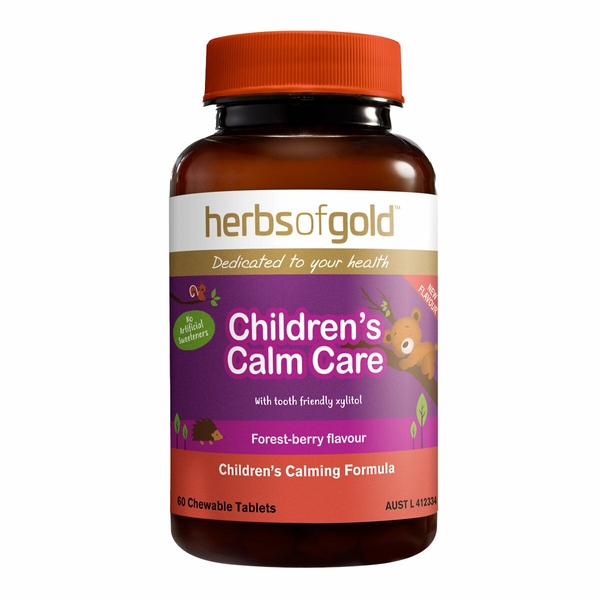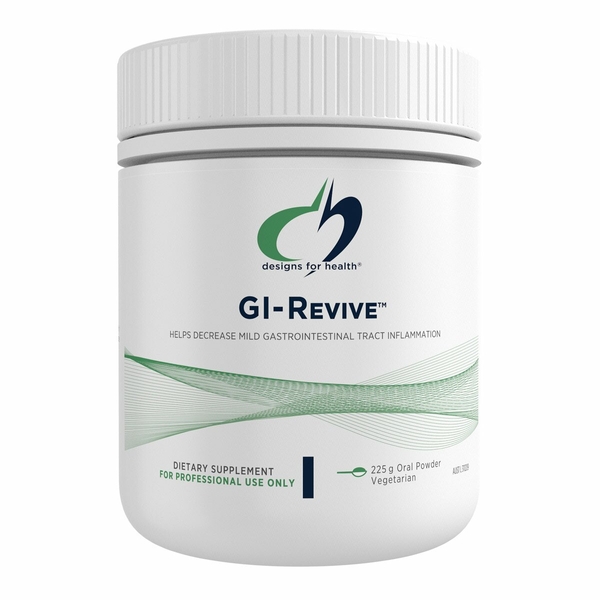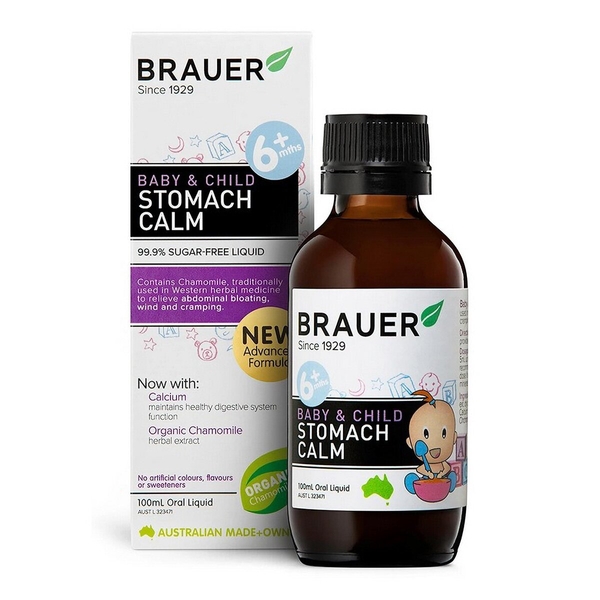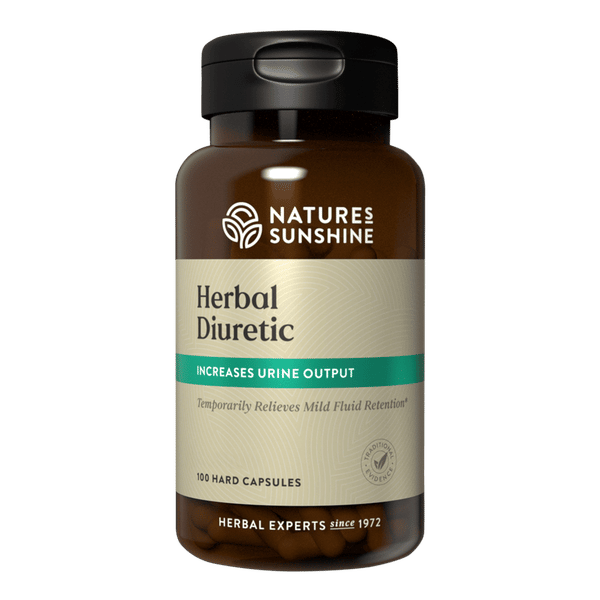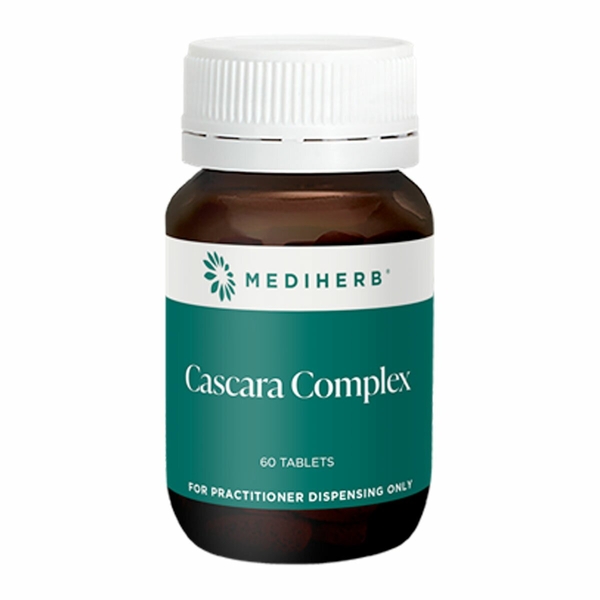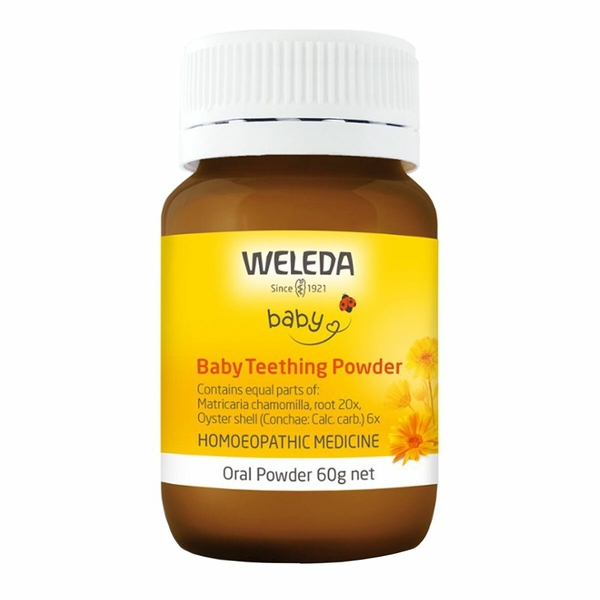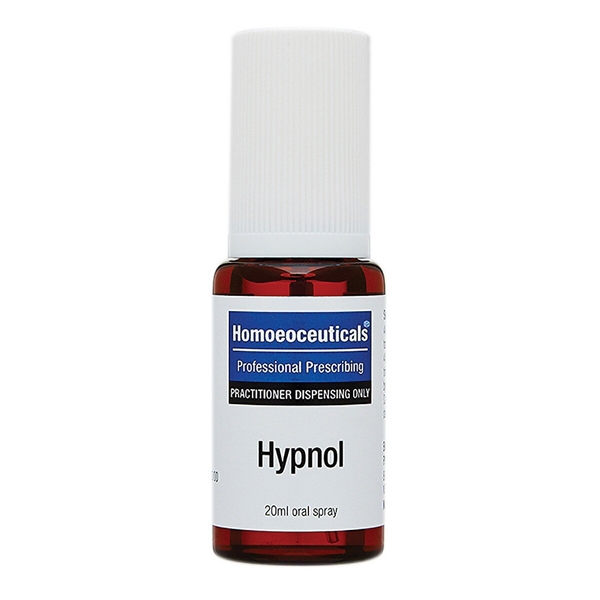
Background
German chamomile contains chemicals that seem to promote relaxation and reduce swelling. It was used by the ancient Greeks, Romans, and Egyptians, and is still commonly used today.
People use German chamomile for common cold, indigestion, anxiety, excessive crying in infants (colic), and many other conditions, but there is no good scientific evidence to support these uses.
Do not confuse German chamomile with Roman chamomile, which is a different plant.
Safety Safety definitions
When applied to the skin: German chamomile is possibly safe. It can cause allergic skin reactions. It might cause eye irritation when applied near the eyes.
When used as a mouthwash: German chamomile is possibly safe.
Special Precautions & Warnings:
Pregnancy and breast-feeding: There isn't enough reliable information to know if German chamomile is safe to use when pregnant or breast-feeding. Stay on the safe side and avoid use.Children: German chamomile is possibly safe when taken by mouth or applied to the skin as a medicine, short-term. Several products containing German chamomile are safe in infants when taken by mouth for up to one week. Oil containing German chamomile is safe in children and teenagers when applied to the skin nightly for up to 6 weeks.
Allergies to ragweed or related plants: German chamomile may cause an allergic reaction in people who are sensitive to the Asteraceae/Compositae family of plants. Members of this family include ragweed, chrysanthemums, marigolds, daisies, and many other herbs.
Hormone-sensitive condition such as breast cancer, uterine cancer, ovarian cancer, endometriosis, or uterine fibroids: German chamomile might act like estrogen in the body. If you have any condition that might be made worse by exposure to estrogen, don't use German chamomile.
Surgery: German chamomile might interact with anesthesia for surgery. Stop using German chamomile at least 2 weeks before a scheduled surgery.
Effectiveness
Dosing & administration
Interactions with pharmaceuticals
Birth control pills (Contraceptive drugs)
Interaction Rating=Moderate Be cautious with this combination.
Some birth control pills contain estrogen. German chamomile might have some of the same effects as estrogen. Taking German chamomile along with birth control pills might decrease the effects of birth control pills. If you take birth control pills along with German chamomile, use an additional form of birth control such as a condom.
Estrogens
Interaction Rating=Moderate Be cautious with this combination.
Large amounts of German chamomile might change the effects of estrogen. Taking German chamomile along with estrogen might decrease the effects of estrogen.
Medications changed by the liver (Cytochrome P450 1A2 (CYP1A2) substrates)
Interaction Rating=Minor Be watchful with this combination.
Some medications are changed and broken down by the liver. German chamomile might change how quickly the liver breaks down these medications. This could change the effects and side effects of these medications.
Medications changed by the liver (Cytochrome P450 2C9 (CYP2C9) substrates)
Interaction Rating=Moderate Be cautious with this combination.
Some medications are changed and broken down by the liver. German chamomile might change how quickly the liver breaks down these medications. This could change the effects and side effects of these medications.
Medications changed by the liver (Cytochrome P450 2D6 (CYP2D6) substrates)
Interaction Rating=Moderate Be cautious with this combination.
Some medications are changed and broken down by the liver. German chamomile might change how quickly the liver breaks down these medications. This could change the effects and side effects of these medications.
Medications changed by the liver (Cytochrome P450 3A4 (CYP3A4) substrates)
Interaction Rating=Moderate Be cautious with this combination.
Some medications are changed and broken down by the liver. German chamomile might change how quickly the liver breaks down these medications. This could change the effects and side effects of these medications.
Sedative medications (CNS depressants)
Interaction Rating=Moderate Be cautious with this combination.
German chamomile might cause sleepiness and slowed breathing. Some medications, called sedatives, can also cause sleepiness and slowed breathing. Taking German chamomile with sedative medications might cause breathing problems and/or too much sleepiness.
Tamoxifen (Nolvadex)
Interaction Rating=Moderate Be cautious with this combination.
German chamomile might change the effects of estrogen in the body. By affecting estrogen, German chamomile might reduce the effects of tamoxifen.
Warfarin (Coumadin)
Interaction Rating=Moderate Be cautious with this combination.
Warfarin is used to slow blood clotting. Taking German chamomile and warfarin together might slow blood clotting too much and cause bruising and bleeding. Be sure to have your blood checked regularly. The dose of your warfarin might need to be changed.
Interactions with herbs & supplements
Interactions with foods
Products
View all products- Matricaria chamomilla (Chamomile) ext. 250 mg
- Aloe barbadensis ext. 1.13 mg
- Glycyrrhiza glabra ext. 380 mg
- Cyamopsis tetragonoloba (Guar gum) 2.5 g
- Saccharomyces cerevisiae (boulardii) (SB) 2 billion CFU
- Althaea officinalis ext. 150 mg
- Curcuma longa ext. 263.16 mg
- Zingiber officinale ext. 62.48 mg
- Actinidia deliciosa (fruit) powder (Kiwi fruit (green)) 277.5 mg
- Ananas comosus (Bromelain) 250 mg
- Glutamine 1 g
- Matricaria chamomilla (Chamomile) ext. 20 mg
- Glutamine 2 g
- Zinc carnosine (Polaprezinc) 74.41 mg equiv. zinc 16 mg
- Pectin 1 g
- Uncaria tomentosa ext. 200 mg
- Ulmus rubra ext. 125 mg
- Quercetin 100 mg
- Dimethyl sulfone (MSM) 100 mg
- Glycyrrhiza glabra ext. 50 mg
- Aloe barbadensis ext. 2.5 mg
- Althaea officinalis ext. 5 mg
- Hibiscus esculentus ext. 25 mg

